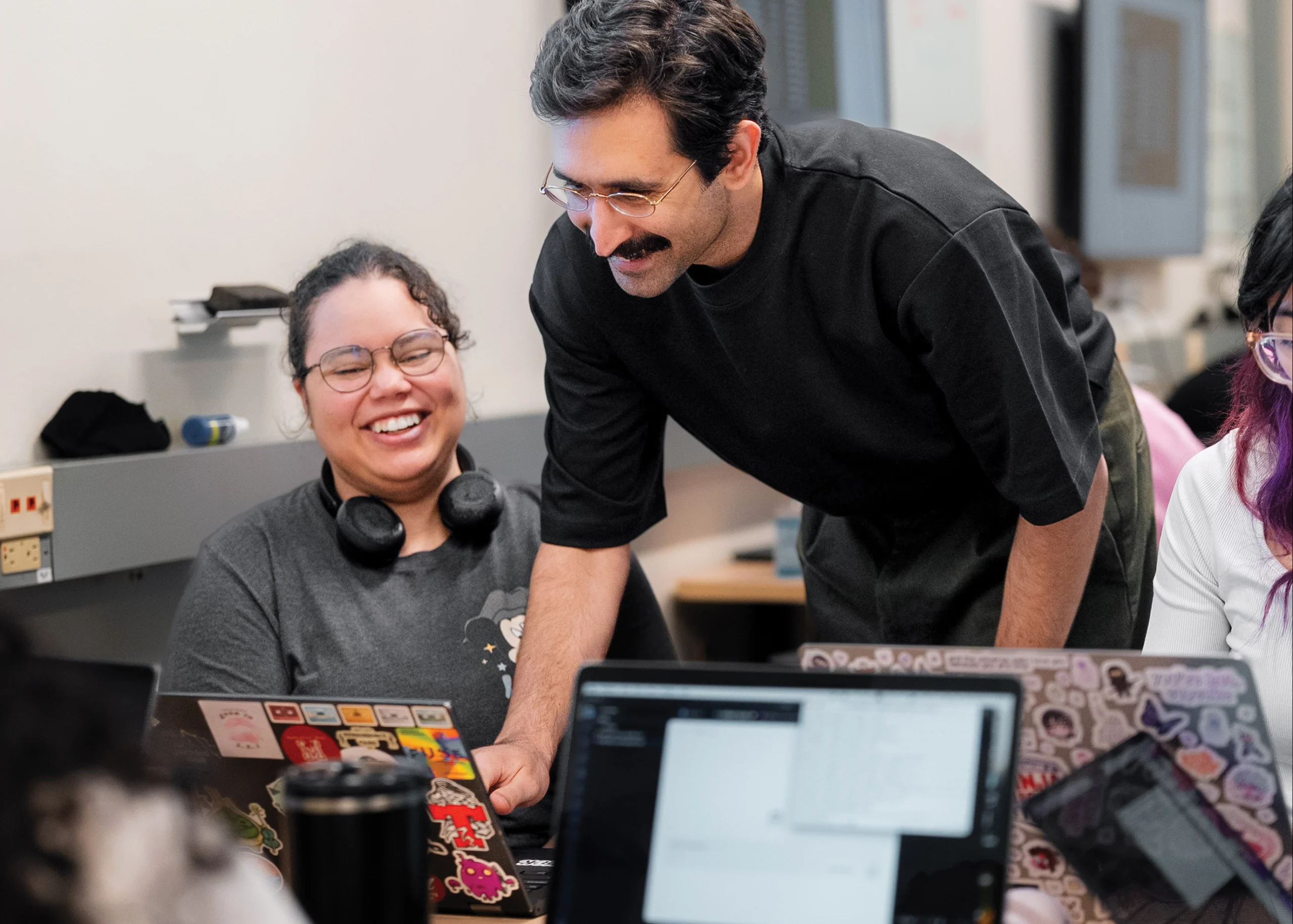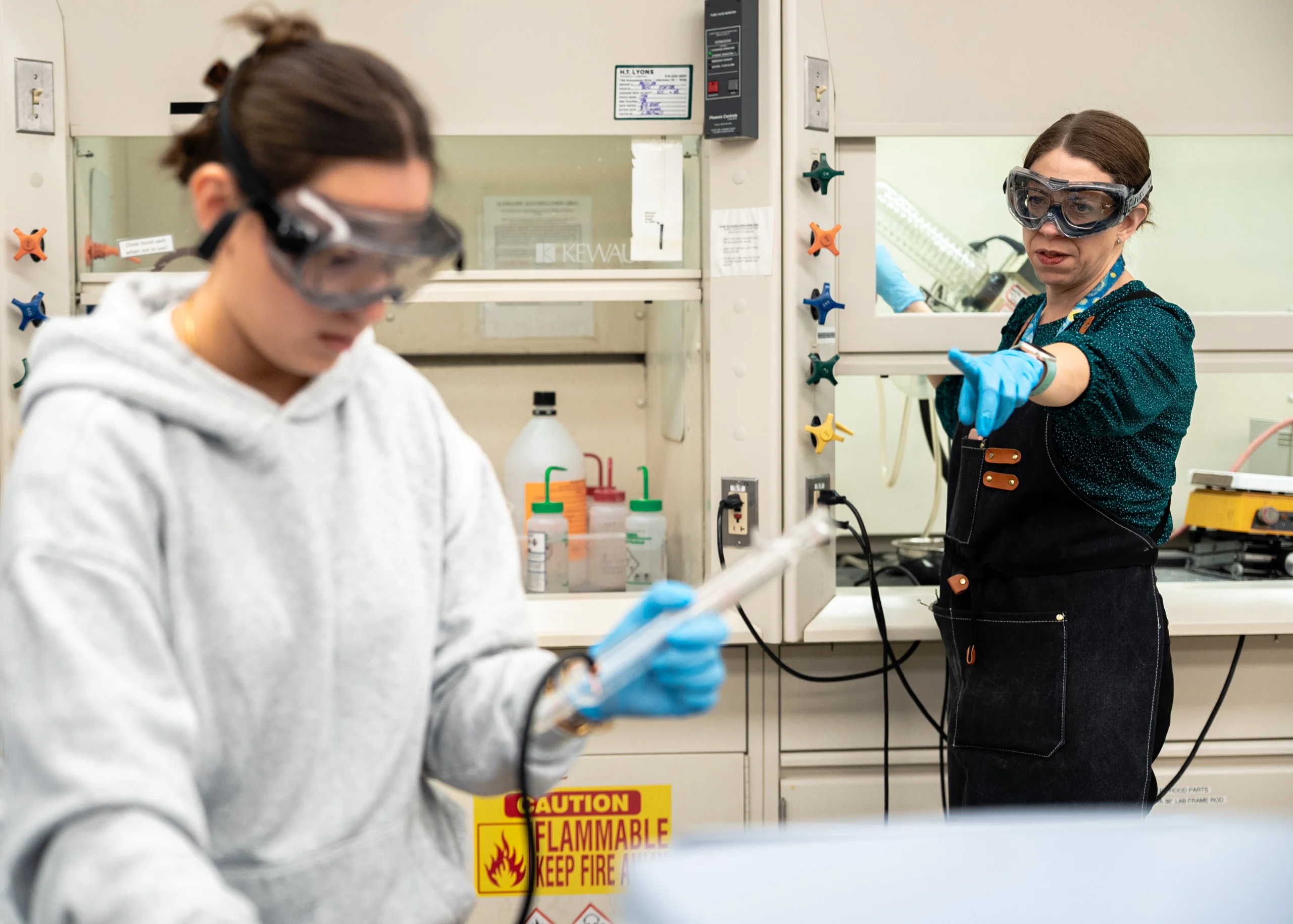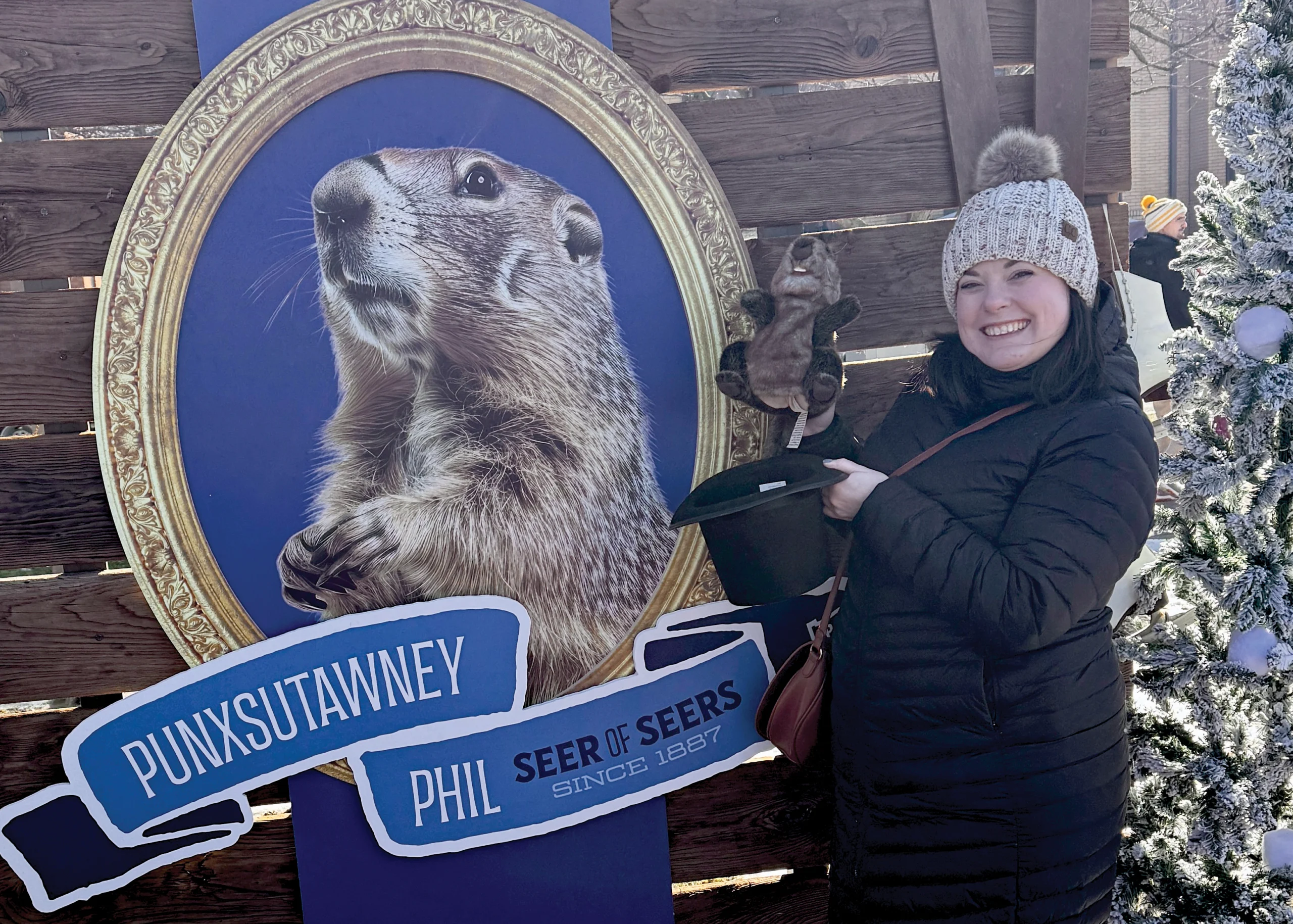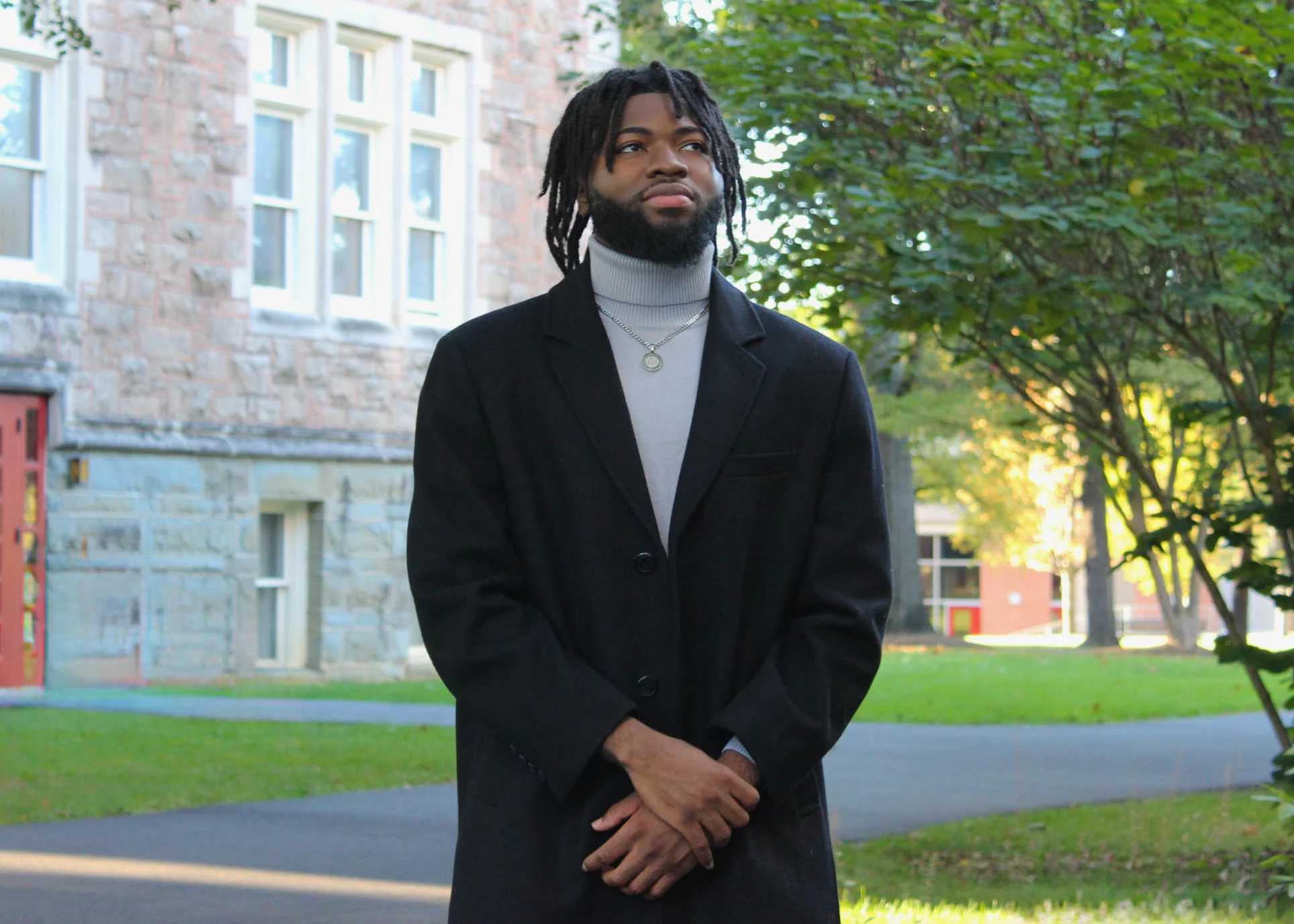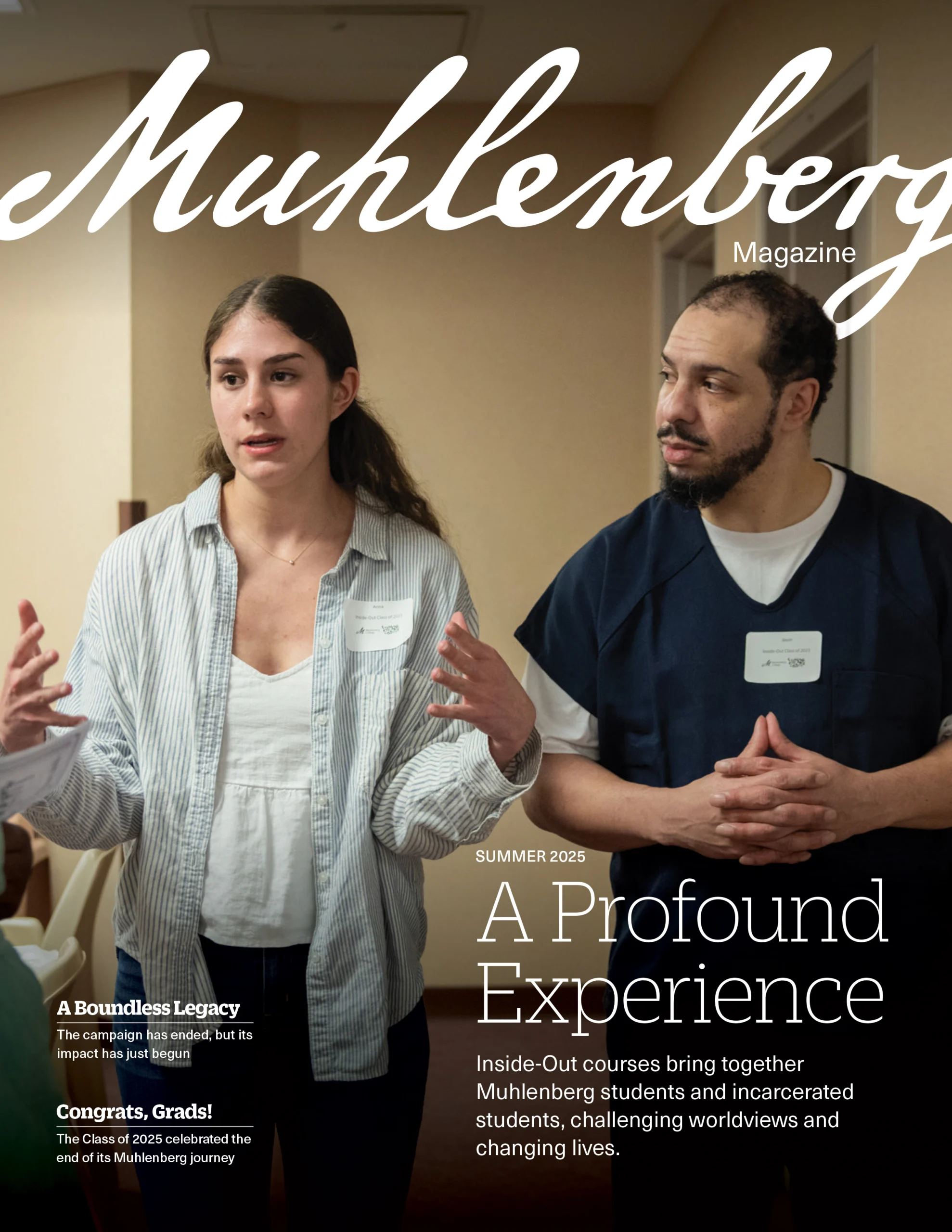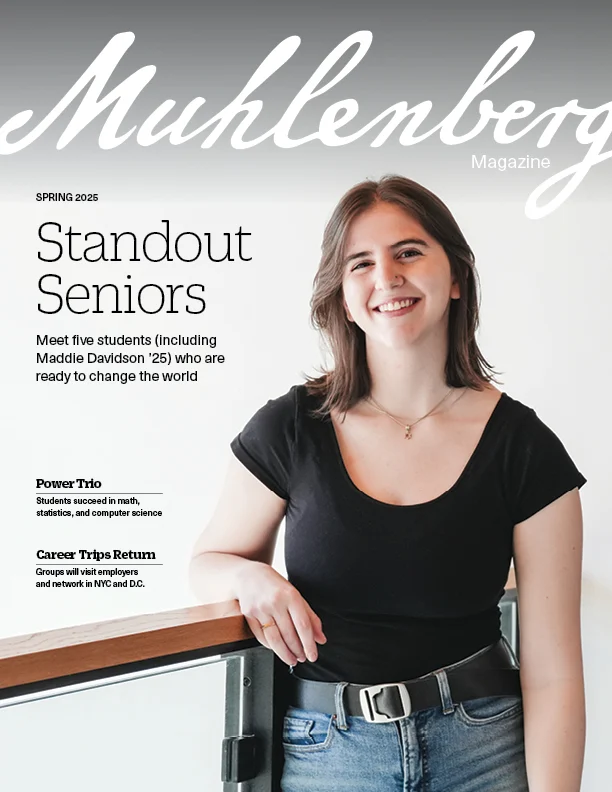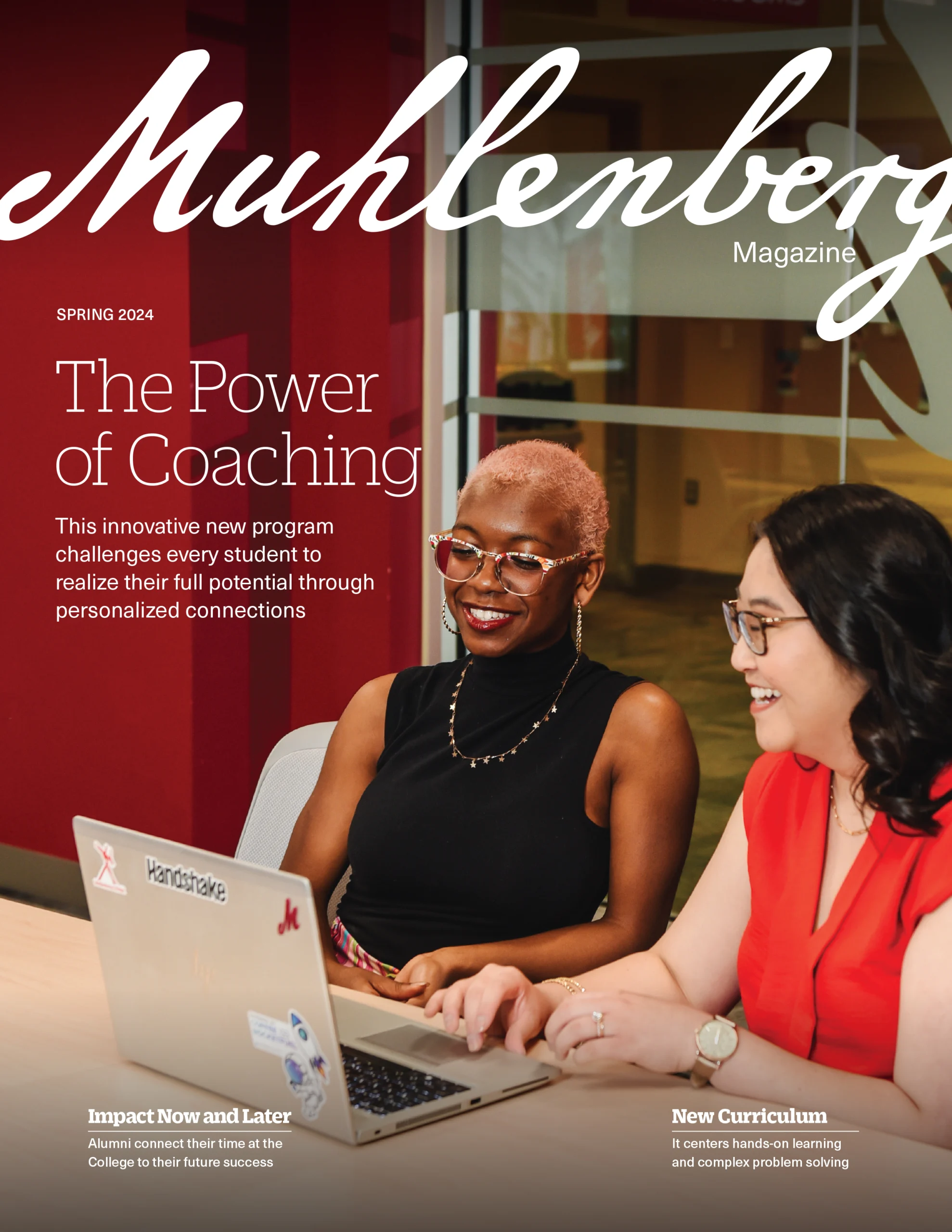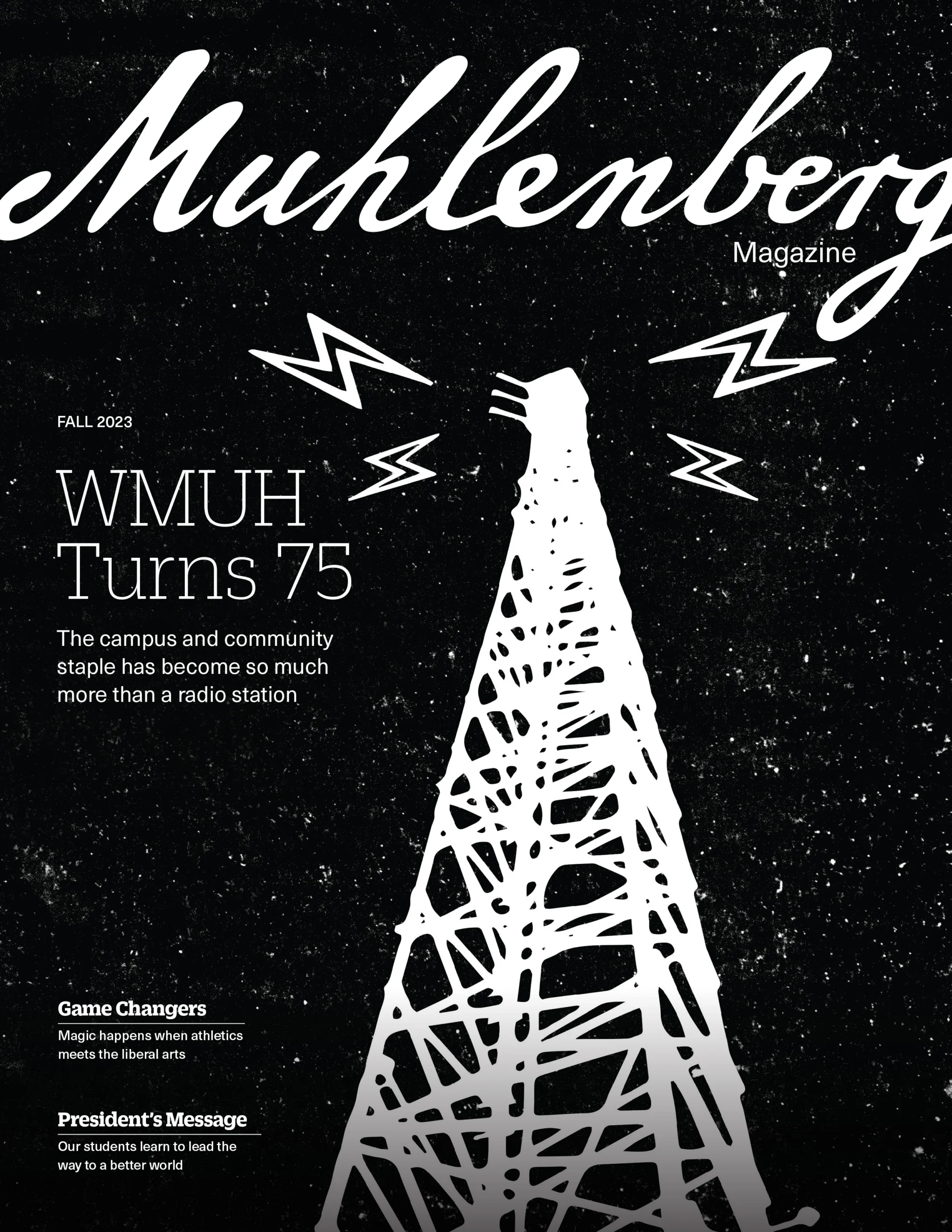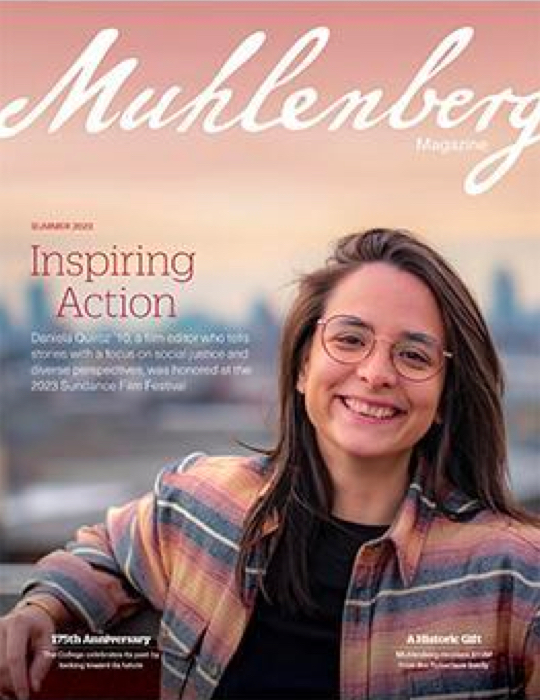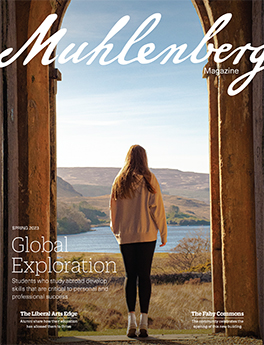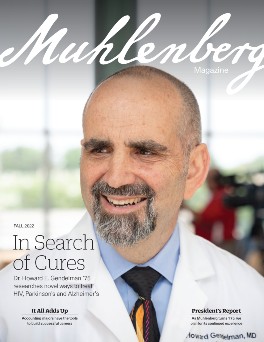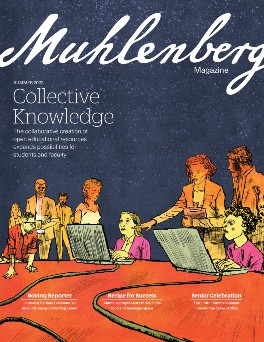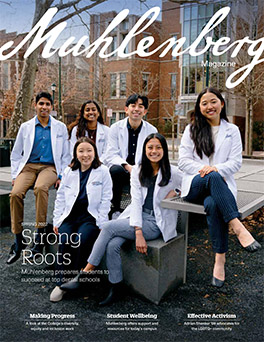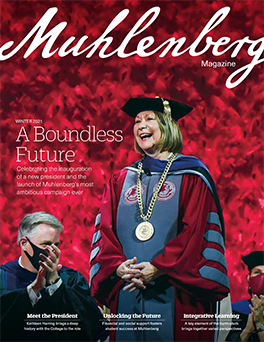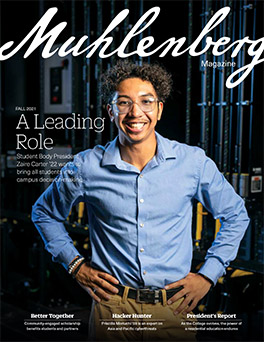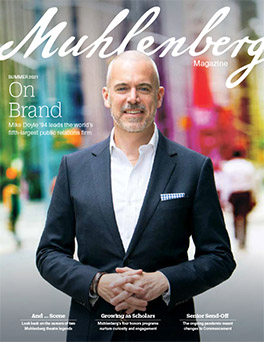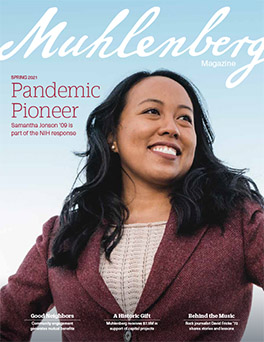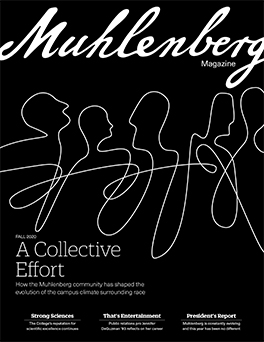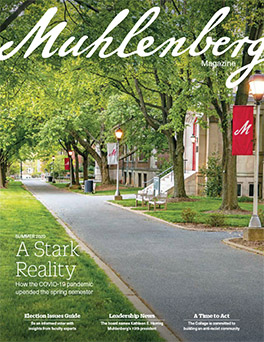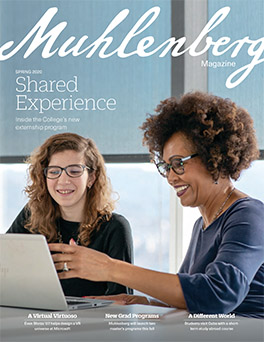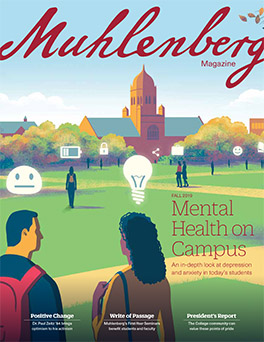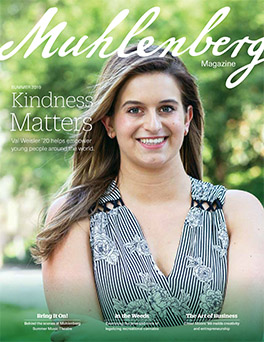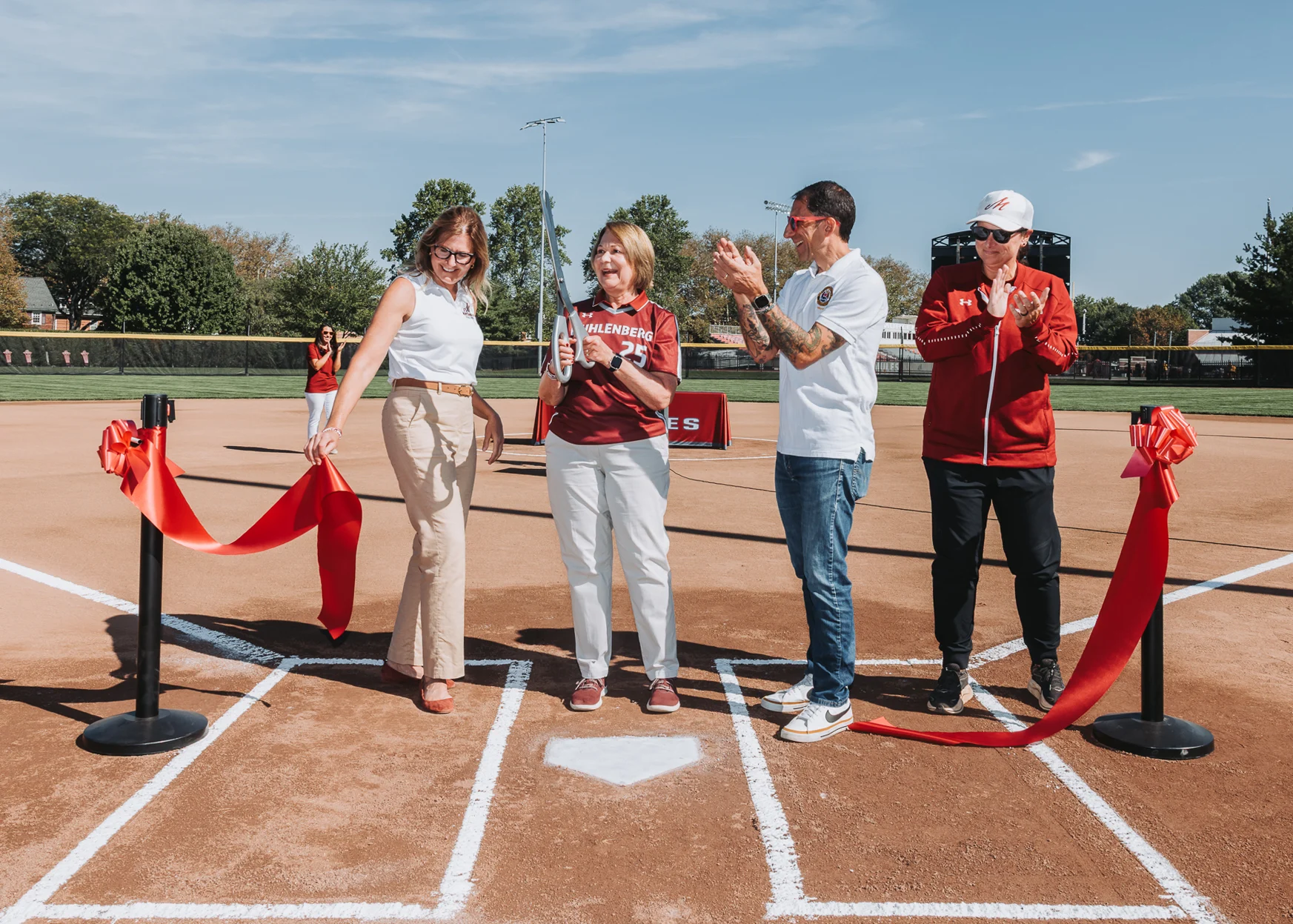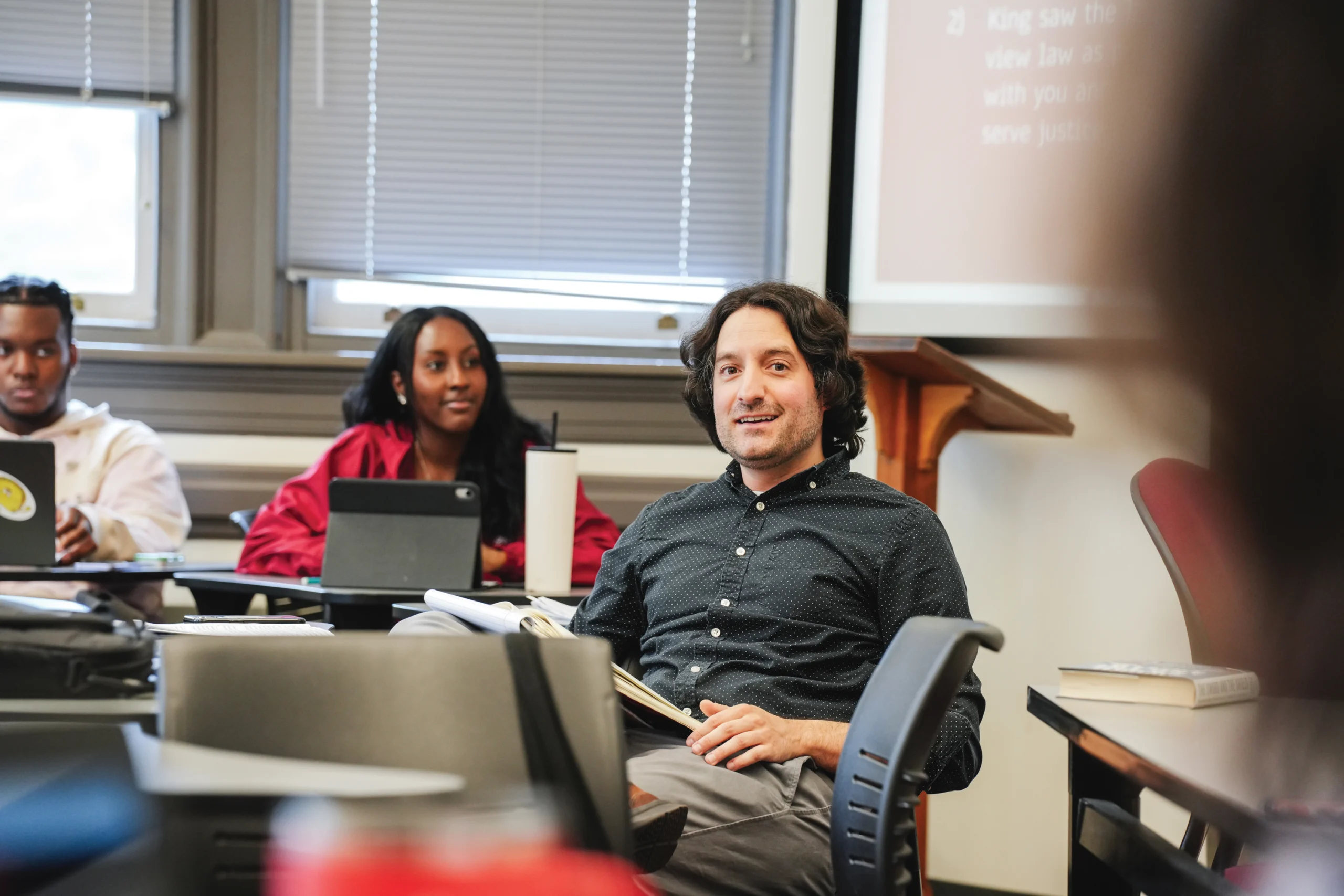
Ross Dardani (Political Science) and “the Myth of Modern Law”
Associate Professor of Political Science Ross Dardani helps students understand the evolution of the U.S. legal system up to and including the Supreme Court.
Associate Professor of Political Science Ross Dardani teaches two courses on constitutional law. He likes to quote a favorite podcast of his, Strict Scrutiny, which is hosted by three constitutional law experts — women professors from top law schools — and describes itself as “a podcast about the United States Supreme Court and the legal culture that surrounds it.” Like Dardani, the three hosts have found constitutional law increasingly challenging to teach.
“The way the hosts characterize constitutional law right now is: It’s no law, just vibes,” Dardani says. “The current [Supreme] Court is entirely ignoring well-settled, decades-long precedent in various areas. … It’s becoming really difficult to convince students that there is this thing called constitutional law, and precedents and doctrine do matter, and they do offer at least some constraints on federal judges and the Supreme Court.”
As an undergraduate at the State University of New York at New Paltz, Dardani thought he wanted to go to law school and become a lawyer. After graduating, he took an internship that became a job at the American Bar Association. He liked his colleagues and respected their work, but he found he had a different passion.
“It’s becoming really difficult to convince students that there is this thing called constitutional law, and precedents and doctrine do matter, and they do offer at least some constraints on federal judges and the Supreme Court.”
“I always joke that being surrounded by lawyers for five days a week made me realize I didn’t actually want to practice law,” he says. “I worked with people who were doing work that fully aligned with my values, but it just made me realize I definitely did not want to practice law and my interest was definitely in teaching.”
So, Dardani pursued a master’s and doctorate in political science from the University of Connecticut, with the goal of landing on the faculty of a small liberal arts college. He became a scholar of “the myth of modern law — this idealized belief that the legal system is somehow able to transcend politics, culture, economic and historical trends that are
happening,” he says.
At Muhlenberg, he helps his students analyze the forces that have always influenced the U.S. legal system, all the way up to the Supreme Court. This “myth” is a theme throughout his classes, including a special topics course he’s offering this fall for the first time since 2019, Critical Race Theory, which will count toward the new curriculum’s Race and Power in the American Experience requirement.
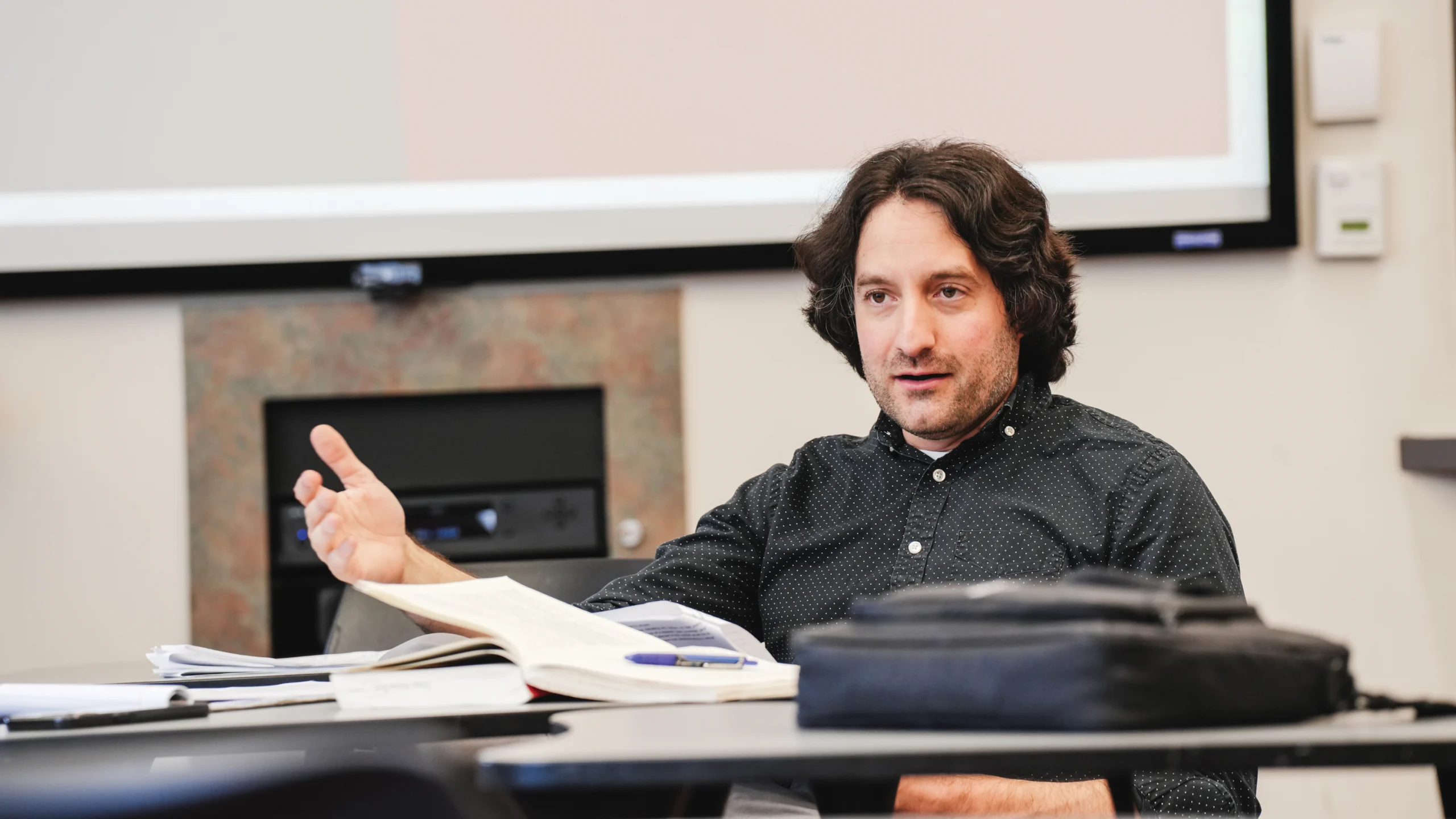
“The first time I taught it, no one outside of the legal academy had heard of critical race theory,” he says. “The way that critical race theory has been portrayed and intentionally demonized in some media outlets to influence public perception — that’s all manufactured, and there’s not a real understanding of what critical race theory actually is.”
What it actually is, he says, is the idea that U.S. legal institutions were designed to maintainstructures of power, including those that are rooted in race and racism. A key component of the course is centering the work of legal scholars who, because of their race, historically have been marginalized in the field.
Dardani’s interest in law and legal systems extends beyond the classroom; he’s been the faculty advisor for the mock trial team since the fall of 2019. The team advanced to the American Mock Trial Association’s Opening Round Championship Series in the 2020–2021 case year. The cases take place in a fictional world called Midlands, where the law has not yet descended into “just vibes” territory.
“This was always my dream job, to end up at a liberal arts college that really places an emphasis on teaching and small classes and having meaningful interactions between faculty and students.”
“I always tell students, especially those who want to go to law school, you’ll have a big advantage,” he says. “Midlands basically just copied and pasted from federal rules of evidence and criminal procedure, so you actually do learn certain legal rules, regulations and doctrine, especially when it comes to objections and evidence.”
Dardani is also part of the BergVotes Collective, a group of faculty and staff who support the work of BergVotes, a nonpartisan student-run organization whose mission is to raise political awareness and increase civic engagement on campus. And this year, he organized the Department of Political Science’s biannual Election Series.
He also enjoys reading The Muhlenberg Weekly, joking that he’s one of the top three faculty supporters of the student newspaper. In Muhlenberg’s small and supportive environment, it’s been easy to get to know students in class who also write for the Weekly.
“This was always my dream job,” Dardani says, “to end up at a liberal arts college that really places an emphasis on teaching and small classes and having meaningful interactions between faculty and students.”

